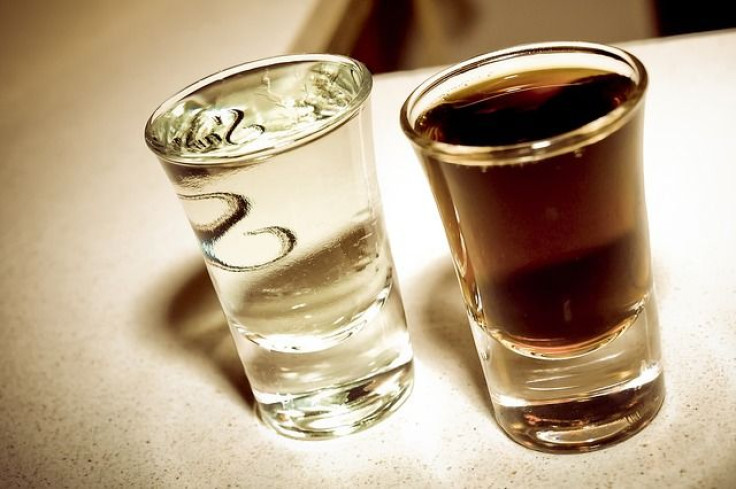Teen Alcohol And Drug Abuse Surprise: Gifted Students Drink More And Smoke More Pot Than Lower-Performing Peers

Teenagers are known to experiment with drugs and alcohol, but research has shown that a student’s academic performance may predict which type of illicit substances they're more likely to abuse. For example, a new study on English school children has shown that top performing students are more likely to drink alcohol and use marijuana than their lower-performing peers, while the low performers were more likely to smoke cigarettes regularly and drink dangerously.
The study published online in the British Medical Journal Open found associations between students’ test scores and their likeliness to use drugs and alcohol. Past research has also found that more intelligent individuals often use alcohol in higher quantities, Mental Floss reported. However, the researchers believe that the most important finding of the study was not that high performing students drink more often, but rather that lower-performing students drink more dangerously.
Read: 7 Health Benefits Of Drinking Alcohol
"From a public health perspective, hazardous drinking is more likely to result in negative consequences such as driving while intoxicated, alcohol-related crimes and injuries and unwanted sexual encounters," study co-author Pat Aloise-Young told CNN.
Drinking dangerously could also put these already low-performing students at greater risk for earning poor grades and leaving the education system altogether. In the long term, this could affect what kind of job they obtain and the salary they receive.
The study was based off the answers from more than 6,000 students from both private and public schools across England. The student’s alcohol, drug, and tobacco use was tracked from age 13 or 14 until they were 19 or 20. While these results were based on English students, according to CNN, similar trends are also seen in America, although the difference between student’s drinking habits and academic performance in American students isn’t apparent until college.
Although it's not clear why intelligent students drink more often, the researchers suggested they may become bored faster, and therefore look for mental stimulation. They may also better assimilate with older friends, and then drink more in an effort to fit in. In addition, parental influence may also play a role; more intelligent adults of higher socioeconomic status tend to drink alcohol more regularly.
This correlation between wits and alcohol use doesn’t seem to end once students graduate; as they age, problems may develop into a more serious condition. Alcohol abuse may result in a number of problems, ranging from increased cancer risk to liver failure.
Source: Aloise-Young PA, Zaleski AC, Swaim RC. A Longitudinal Examination of the Relation between Internalizing Problem Behaviors and Early Adolescent Cigarette Smoking. British Medical Journal Open. 2017
See Also:
Excessive Drinking May Be Chronic Disease Or Recurring Pattern Of Behavior



























